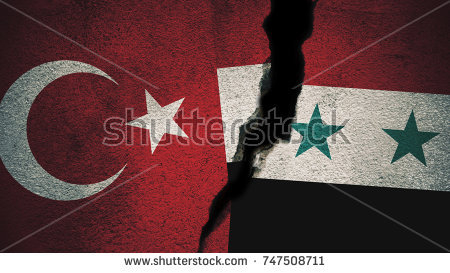
Practical information
In a context of severe global crisis, Turkey kept recording impressive growth rates over the last two years (8,9% in 2010, IMF forecast 6,6 % for 2011 ). It is now the world"s 17th economy and is knocking at the BRICS"s door. While European countries have to face enduring economic slowdown, Turkey"s resilience appears as a miracle by contrast. What are the Turkish assets and resources and what strategies support this Turkish exception? To what extent an economy still strongly anchored to Europe can further avoid the turmoil?
This roundtable will gather François FAURE, head of country-risk division at BNP-Paribas, Esen ÇAĞLAR, economist at the Economic Policy Research Foundation of Turkey (Türkiye Ekonomi Politikaları Araştırma Vakfı - TEPAV), Deniz ÜNAL, economist at the Centre d'Etudes Prospectives et d'Informations Internationales (CEPII) and Rémi BOURGEOT, economist, expert on emerging economies.
Moderator: Dorothée SCHMID, head of Ifri"s Contemporary Turkey programme.
The conference will be held in English.
Other events

Paris Naval Conference 2025: Naval Power in support of Maritime Economy
This third edition of the Paris Naval Conference (CNP), bringing together high-level speakers from the military, industry and academia, aims to address the issues of securing the maritime economy for the world's navies.





